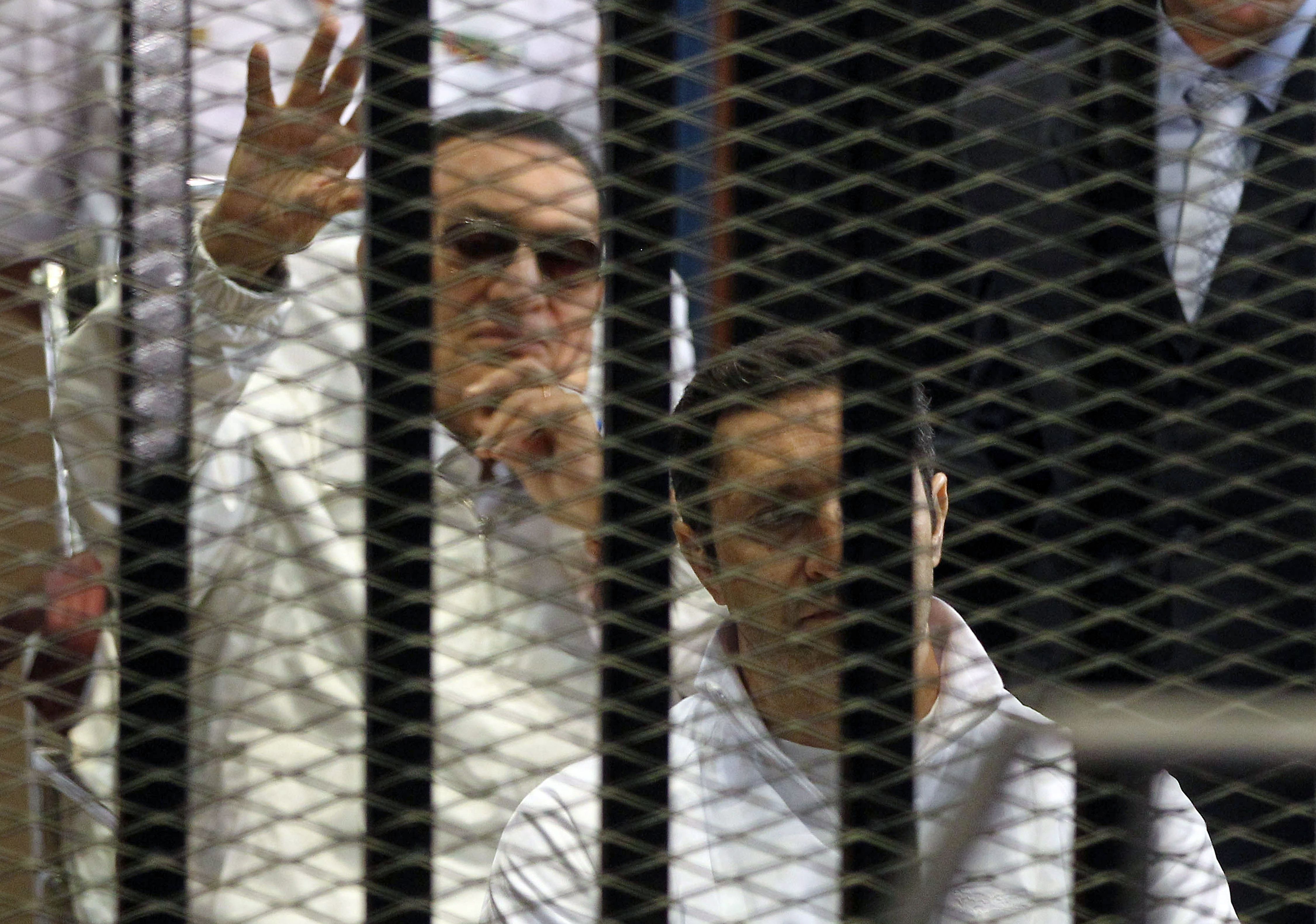
Six men sexually harassed a woman Monday by surrounding and trapping her on Qasr Al-Nil bridge, reported the ‘I Saw Harassment’ initiative that is fighting violence and harassment against women. During the incident, it was observed that there was an absence of female police officers amid a presence of male police conscripts.
Members of the group present near the incident were able to rescue the girl. But the initiative’s final report of the day noted that most victims of sexual assault refuse to take any legal action as a result of their experiences.
Founding members, researcher Janet Abdul Alim and spokesperson Fathi Farid, organised a campaign Monday on the streets of downtown Cairo. These included Tahrir Square, Talaat Harb Street, Abdul Moneim Riyad Square and Maspero, as well as the Qasr El-Nil Bridge, all locations that usually get crowded on public holidays.
Like most public holidays in Egypt, there were expectations of violations and violence against women on the streets during Sham El-Nessim. Two physical sexual harassment cases took place and 28 verbal harassment cases, according to the initiative which monitored downtown Cairo between 12pm and 8pm.
Most female plaintiffs of sexual harassment face the problem of identifying the suspect and providing eyewitnesses, which weakens their chances of achieving results through a court suit. ‘I Saw Harssament’ recommended that the Ministry of Interior adopts a strategy that would allow victims to file a police report “on the spot”.
In general, there were limited public assemblies Monday, which meant the initiative found few violations against women throughout the day. This is unlike during the Islamic Eid holidays which witness very high rates of sexual harassment, especially following the first day which people usually spend at home with family, according to a member of the initiative, Hala Mostafa.
As for the group sexual harassment, like the case mentioned by the group, it has been Egypt’s most violent in the years that followed the 25 January Revolution of 2011. There have been numerous accounts of severe sexual assaults on women in public squares, mainly during protests.
In a 2012 testimony collected and published by Nazra Organisation for Feminine Studies, the victim stated: “Before I knew it I was thrown up against a wall where a motorcycle was parked. I was standing on top of the bike while my friend and a few other men tried to make a half circle to protect me. But there were more men trying to hurt me than protect me and I was grabbed all over and my pants and shirt where ripped. My pant was pulled down by the many men and they raped me with their dirty fingers.”
“The attack on the women was calculated and organised so as to scare women away from the public sphere,” Nazra said in a report in June 2013.
During street celebrations during President Abdel Fattah Al-Sisi’s inauguration in June 2014, violence reached its peak after a group assault on a victim in Tahrir Square was caught on camera and the video widely circulated causing public outrage. Al-Sisi visited the victim in hospital.
According to ‘I Saw Harassment’ members, the crime is indeed sought out as they explain that harassers target their victim, and once they catch her they do not let go of her. “They can watch a girl going into a store and wait for her to come out,” said one member.
“Guys make bets out of it. Whoever touches the most sensitive part of the woman’s body wins. They repeat dirty words they hear in popular movies,” said Abdul Alim.
‘I Saw Harassment’ was divided into three groups of young men and women. Each group was in charge of a specific area. Every two hours, teams gathered back at the operation room to provide a summary of their tasks, documented by Mostafa.
As one of the group’s tasks is to raise awareness on the issue, the group reported that several of the female citizens they approach still refuse the idea as it is considered “taboo”. This is especially those “girls who were in the presence of their parents”, said one young woman.
Members also said that when they speak to women accompanied by men, the latter interrupts the conversation by stating men’s “ ability to protect them [women]”. The group also aims to make citizens aware of how to deal with such situations and the legal procedures that they can follow.
When asked about possible harassment of activists by security forces, Farid said: “We have established ourselves over the years and succeeded in getting security off our shoulders. They realised our strong presence and our influence in the streets and media and that there was no other way than to cooperate with us.”
Farid added that the police branch most interested by sexual harassment cases was the vice squad. The report noted the numbers of female police officers on the streets pales in comparison to the male security forces distributed by the Ministry of Interior.


